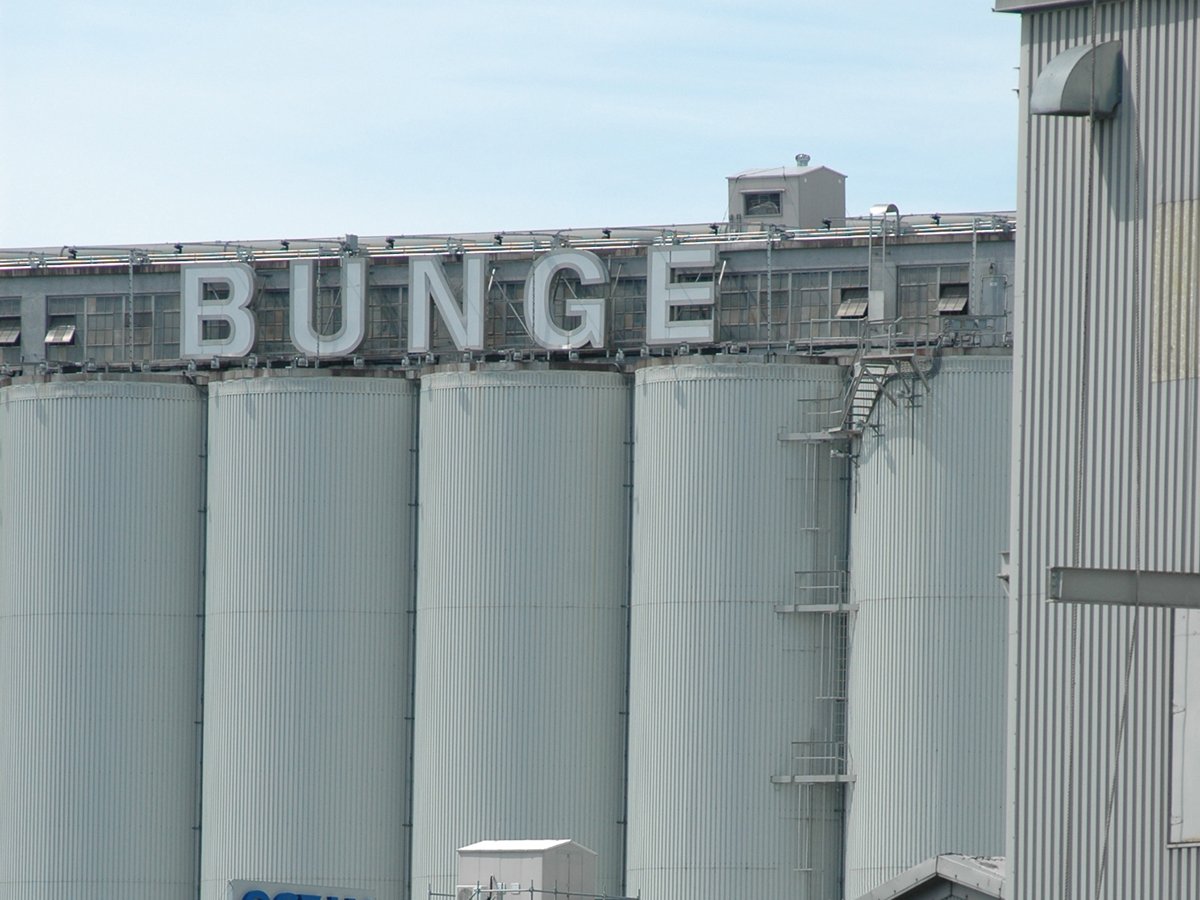A former Canadian ambassador to China has confidence in the Canola Council of Canada and its ability to resolve an ongoing dispute with China over canola dockage levels.
David Mulroney, who served as ambassador from 2009-12, said China can be a difficult market, but Canada’s canola industry has strong connections and knowledge of the system there.
“I think the canola council has pretty deep experience in China,” said Mulroney, president of St. Michael’s College at the University of Toronto. “They’ve got a lot of contacts. They understand the market. So I think we’re well equipped, in that sense.”
Read Also

Bunge’s crop mix is changing
Bunge has predominantly been a soybean processing firm, but that’s about to change after the merger with Viterra with softseed processing and grain merchandising gaining ground.
Canadian farmers are relying on the canola council’s influence as China threatens to soon slow or halt canola imports from Canada.
On Sept. 1, China plans to lower the dockage allowance in canola to one percent, down from the previous standard of 2.5 percent. Chinese officials say the action is necessary to prevent the spread of blackleg into China’s rapeseed industry. Blackleg is a soil borne disease commonly found in canola.
Canadian officials and farmers have called the proposed regulations unworkable, unscientific and born out of Chinese desires to shield their own rapeseed farmers from having to complete against quality Canadian canola.
Mulroney was in Beijing in 2009 when China made similar threats about canola. Chinese officials insisted that the Canadian Food Inspection Agency certify canola as blackleg free. Otherwise, China would not accept shipments.
“It happened in the fall of 2009, just before the Prime Minister’s first visit,” he said. “Our own sense was that it had something to do with… Chinese rapeseed producers who were increasingly worried about the impact of high quality, competitively priced Canadian canola.”
A compromise in which China would accept shipments of canola at crushing plants outside the country’s rapeseed growing region was reached.
Mulroney said the Canadian tenacity and skill was key to resolving the 2009 dispute.
Organizations like the Canola Council of Canada have been talking to Chinese officials and agency reps about the present dockage issue, but many market analysts and politicians have said the dispute will be resolved at a high level, above the Chinese bureaucracy.
Prime Minister Justin Trudeau plans to be in China this week, prior to the G20 meeting in Hangzhou Sept. 4-5.
Canadian farmers hope that Trudeau’s personal charm and the reputation of his father, former Prime Minister Pierre Trudeau, who is highly regarded in China, will help end the canola standoff.















